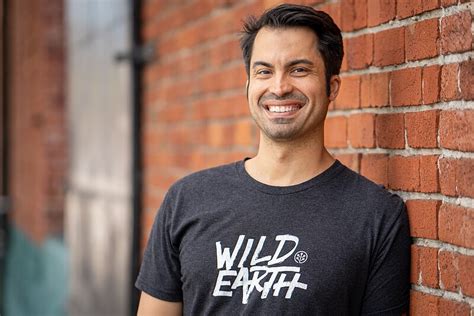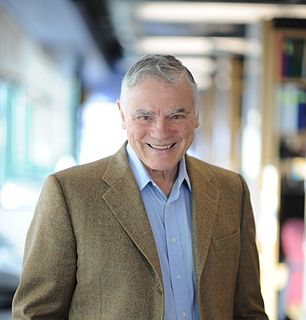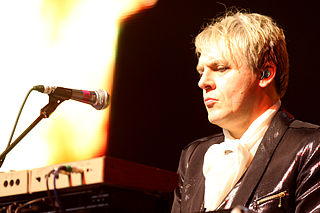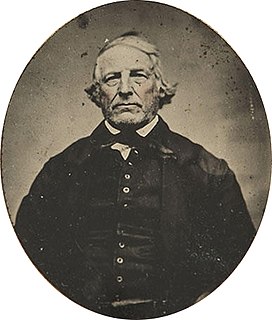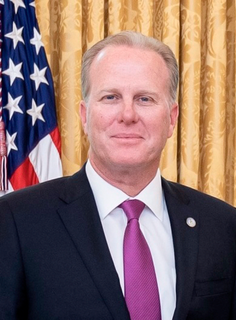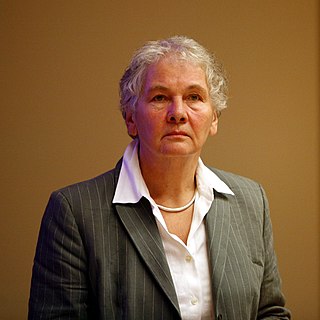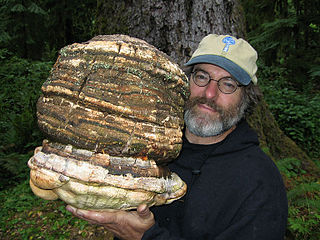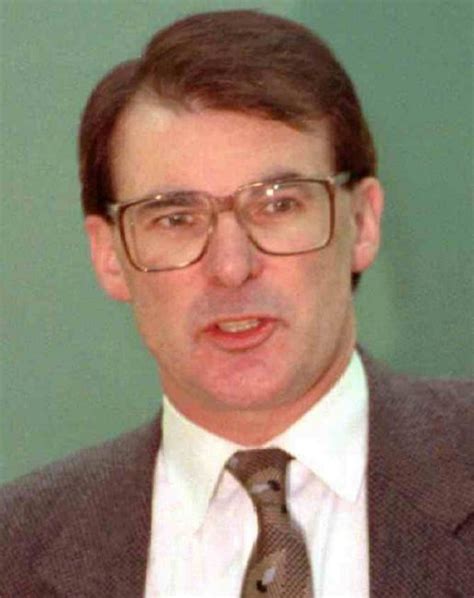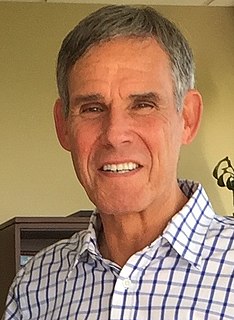Top 142 Genome Quotes & Sayings - Page 2
Explore popular Genome quotes.
Last updated on April 21, 2025.
Simple genome engineering of bacteria and yeast is just the beginning of the rise of the true biohackers. This is a community of several thousand people, with skill sets ranging from self-taught software hackers to biology postdocs who are impatient with the structure of traditional institutional lab work.
We have 200 trillion cells, and the outcome of each of them is almost 100 percent genetically determined. And that's what our experiment with the first synthetic genome proves, at least in the case of really simple bacteria. It's the interactions of all those separate genetic units that give us the physiology that we see.
We live in a dancing matrix of viruses; they dart, rather like bees, from organism to organism, from plant to insect to mammal to me and back again, and into the sea, tugging along pieces of this genome, strings of genes from that, transplanting grafts of DNA, passing around heredity as though at a great party.
The human genome will not help us to understand the spiritual side of humankind, or to know who God is or what love is. The well-heeled couple who decide they want to use genetics to have a child that is a gifted musician may end up with a sullen adolescent who smokes marijuana and doesn't talk to them.
The ever quickening advances of science made possible by the success of the Human Genome Project will also soon let us see the essences of mental disease. Only after we understand them at the genetic level can we rationally seek out appropriate therapies for such illnesses as schizophrenia and bipolar disease.
A lot of people think PMI is the genome project 2.0. No. This is about all the influences on disease - genetics is in there, but the environment is in there as well, health choices, behaviors, all the factors that are important, otherwise we're not doing what we promised we would do - which is in a holistic way look at how people stay healthy or how do they fall ill.
As was predicted at the beginning of the Human Genome Project, getting the sequence will be the easy part as only technical issues are involved. The hard part will be finding out what it means, because this poses intellectual problems of how to understand the participation of the genes in the functions of living cells.
An important finding is that by determining the genome sequences of an entire family, one can identify many DNA sequencing errors and thus greatly increase the accuracy of the data. This will ultimately help us understand the role of genetic variations in the diagnosis, treatment, and prevention of disease.
It will be the mother of all telescopes, and you can bet it will do for astronomy what genome sequencing is doing for biology. The clumsy, if utilitarian, name of this mirrored monster is Large Synoptic Survey Telescope, or LSST. You can't use it yet, but a peak in the Chilean Andes has been decapitated to provide a level spot for placement.
My own diagnosis of my problem is a simpler one. It's that I share 50 per cent of my genome with a banana and 98 per cent with a chimpanzee. Banana's don't do psychological consistency. And the tiny part of us that's different - the special Homo sapiens bit - is faulty. It doesn't work. Sorry about that.
Evolution is all about passing on the genome to the next generation, adapting and surviving through generation after generation. From an evolutionary point of view, you and I are like the booster rockets designed to send the genetic payload into the next level of orbit and then drop off into the sea.
I think we're just scratching the surface. One of the most exciting aspects of 23andMe is that we're enabling you to watch a revolution unfold live during your lifetime, and I think that the decoding of the genome, in my opinion, is the most fascinating discovery of our lifetime, and you get to be part of it.
